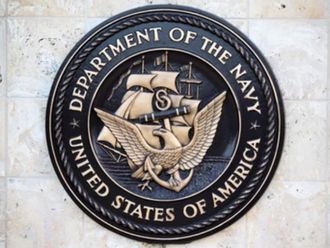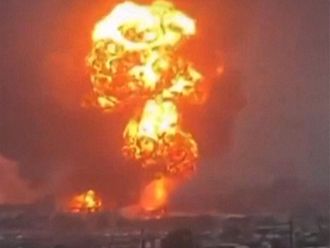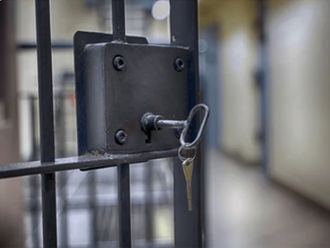Aden: An international rights group has accused Yemeni security forces of endangering health care in the southern city of Aden by forcibly removing wounded activists from hospitals and exchanging fire with gunmen seeking to block the arrests.
Yemen, trying to recover from months of political unrest that eventually forced President Ali Abdullah Saleh from power, is grappling with numerous security challenges after last year’s uprising, including Al Qaida-linked insurgents, southern secessionists and Shiite rebels.
New York-based Human Rights Watch (HRW) said it had documented reports of Yemeni security forces raiding hospitals in Aden to arrest alleged militants, beating medical staff. One hospital in the city has suspended operations as a result and others stopped admitting politically sensitive patients, it said.
“Gunfights in hospitals put patients and medical workers at grave risk and threaten to shut down health care in Aden,” said Letta Tayler, senior Yemen researcher at Human Rights Watch.
“Both security forces and their opponents are showing callous indifference to human life.”
Local sources told HRW that most of the patients targeted by security forces were linked to southern separatists known as Herak, a coalition of forces seeking the restoration of the southern state which merged with northern Yemen in 1990.
The Yemeni government says arrests are only carried out with a warrant. “The legal system is independent in Yemen, and we don’t interfere in judicial decisions,” said Rajeh Badi, an adviser to Prime Minister Mohammad Basindwa.
HRW said security forces entered two hospitals in Aden at least five times in 2012.
In once incident on October 7, HRW said that paramilitary forces “allegedly beat hospital guards and shot a 16-year-old fruit vendor in the head” during an exchange of fire with militants trying to prevent the arrest of two people being treated for gunshot wounds at the city’s Al Naqib hospital.
Medics at a private hospital confirmed that security forces had “violated the sanctity” of the hospital on a number of occasions, often to arrest wounded patients.
“These raids did not obstruct the hospital’s delivery of services, but did cause panic, worry and concern among patients and staff,” said a medic at one of the hospitals who only identified himself as Waddah. He also asked to withhold the hospital’s name.
HRW said that the Central Security Forces (CSF), a state paramilitary unit led by a nephew of former president Saleh, has played a prominent role in hospital raids.
Saleh was forced to step down in February after months of protests culminated in a power transfer deal and elections. But members of his family remain in charge of some of the country’s top units, including the elite Republican Guards and the CSF.
Human Rights Watch quoted Aden Governor Waheed Rasheed as describing the wounded patients as “dangerous militants.”
An activist from the Herak coalition said that numerous raids have been conducted by security forces on hospitals in Aden since last year.
“Instead of being cared for in a hospital, they end up in prison cells,” the activist, who declined to be named, said.
HRW said gunmen supporting and protecting the alleged militants have fuelled the violence by firing at state security forces on hospital grounds.












